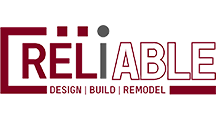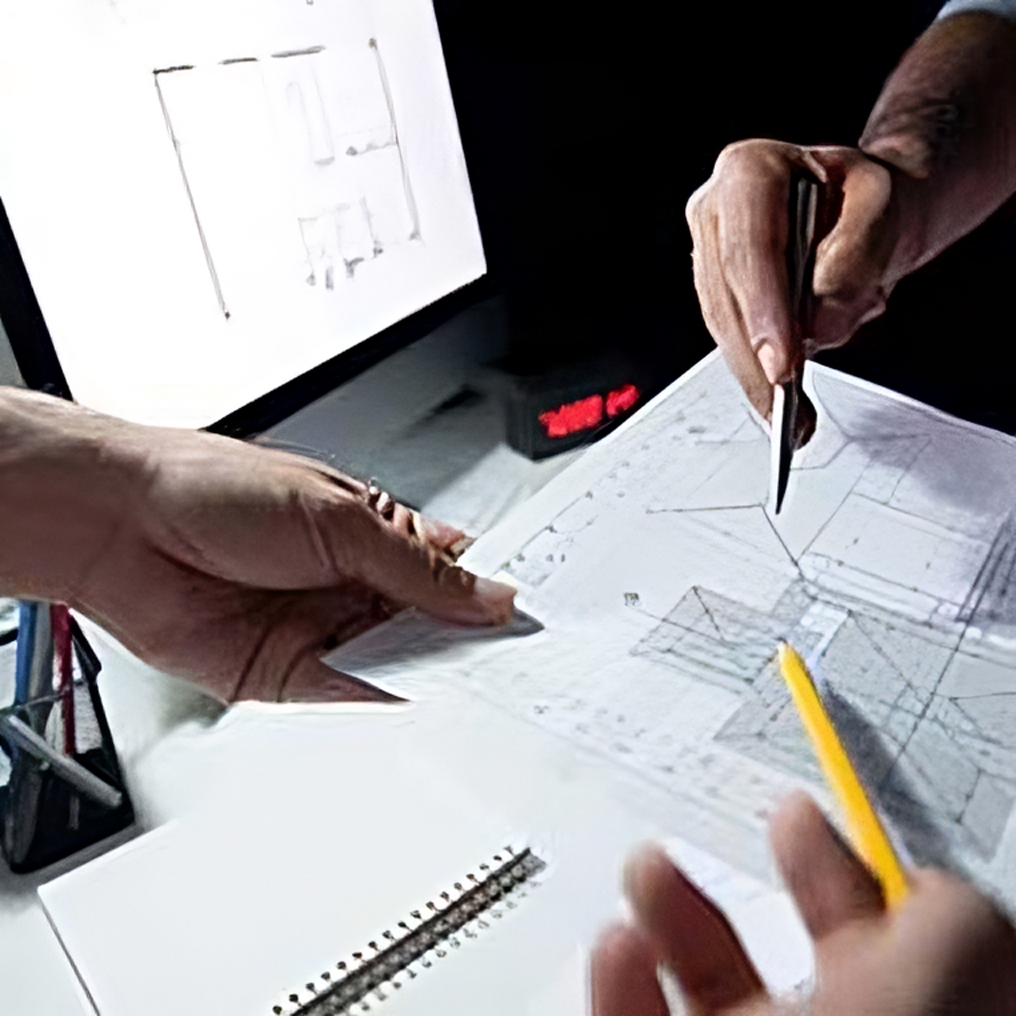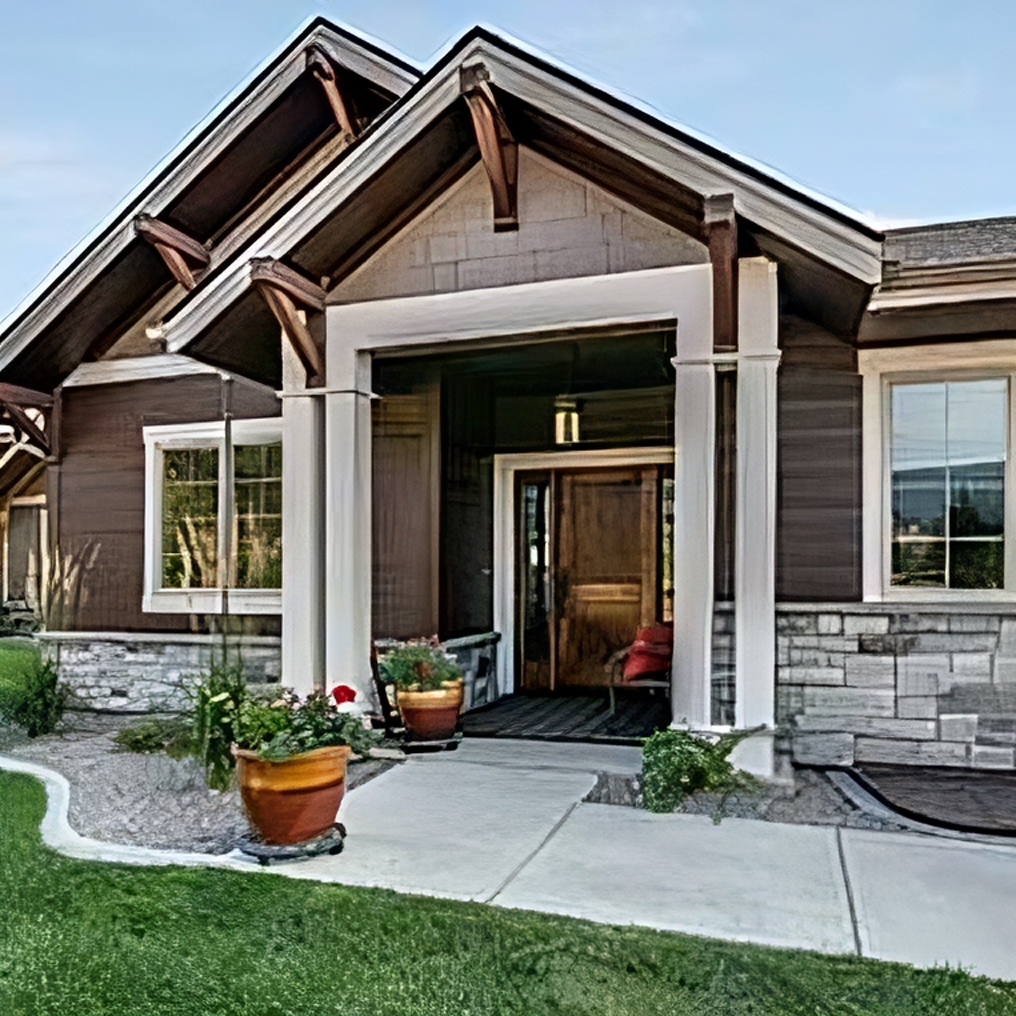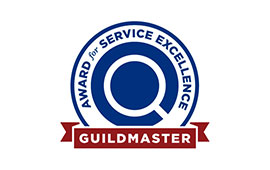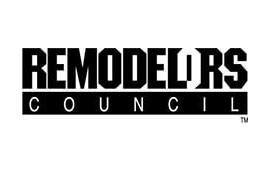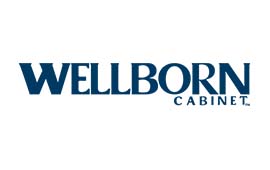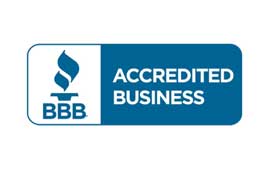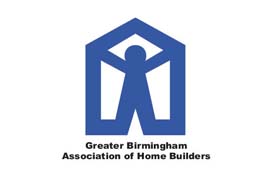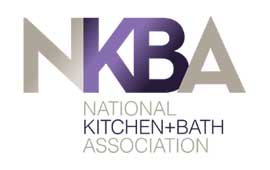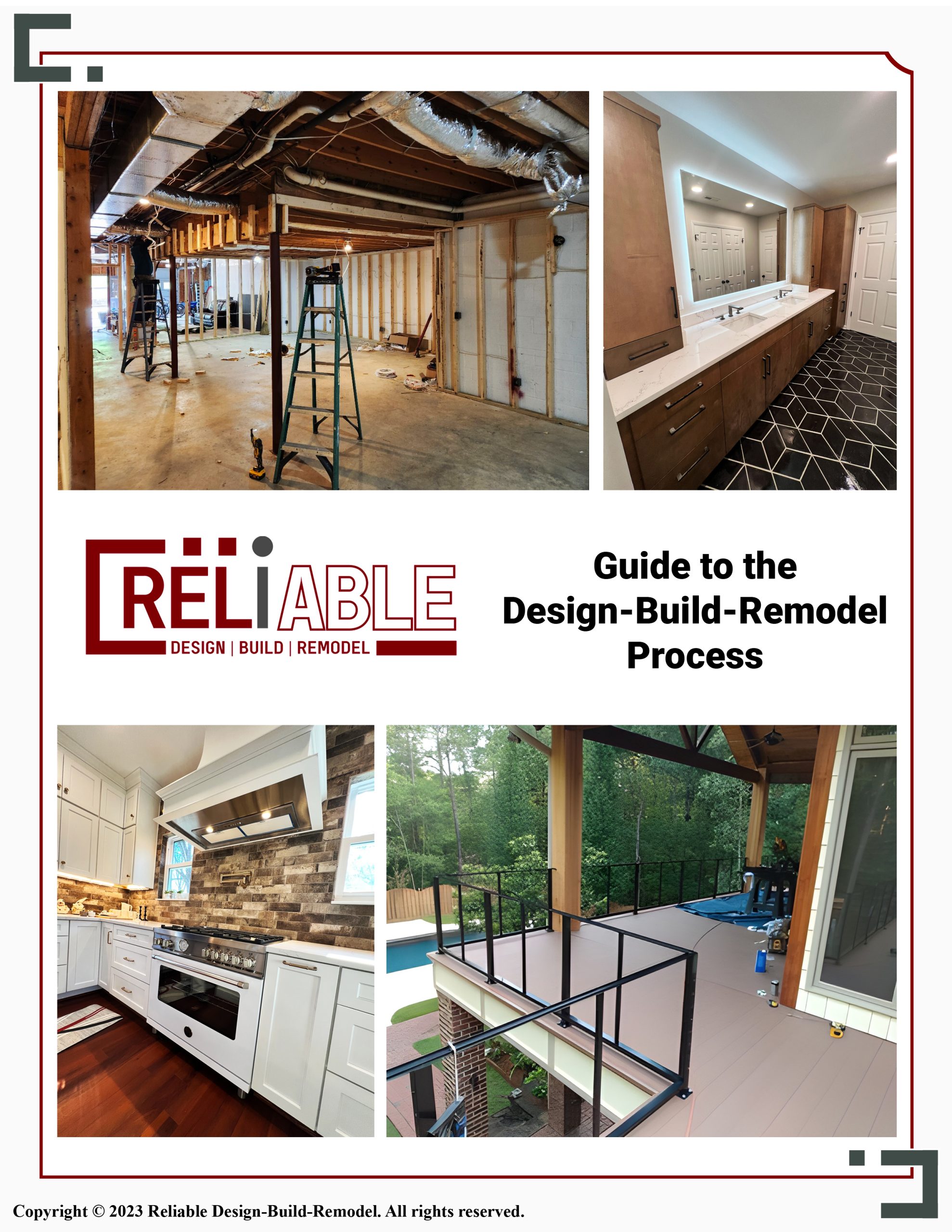At Reliable Design-Build-Remodel, we understand that a basement bar can transform your lower level into a stylish and functional entertainment space. Whether you’re considering adding a bar for hosting guests, increasing your home’s value, or simply enjoying a dedicated space for relaxation, we’re here to guide you through the process. Below, we’ll answer some of the most common questions about bars for basements, helping you make an informed decision for your Birmingham, AL home!
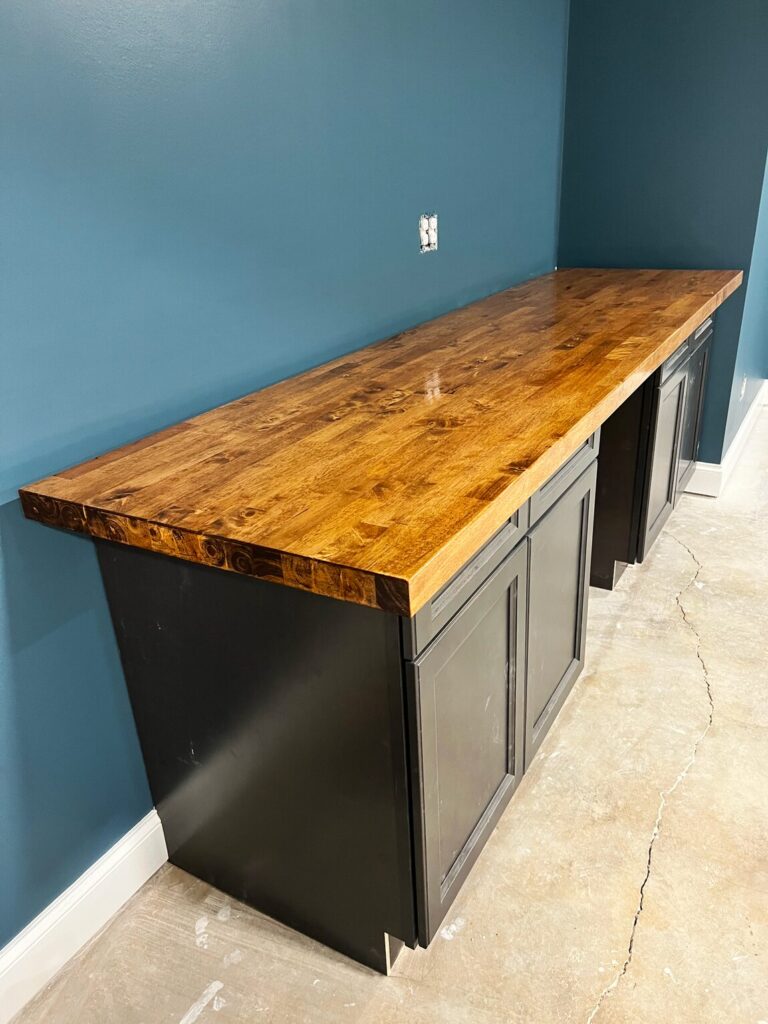
What Are Basement Bars Called?
Bars for basements go by various names, depending on their design and function. Some homeowners refer to them simply as “home bars” or “wet bars,” while others prefer the term “speakeasy bar” for a cozy, vintage aesthetic. If a bar includes a sink and running water, it is typically called a wet bar. If it lacks plumbing and is primarily for serving drinks and snacks, it is considered a dry bar. Other variations include sports bars, designed to resemble a pub with multiple TVs, or themed bars, like a tiki bar or wine lounge. No matter the style, a basement bar can be customized to match your home’s personality and your entertainment needs.
How Much Does It Cost to Add a Bar to a Basement?
If you’re building a custom basement bar from the ground up, costs will be higher due to construction, utilities, and design elements. On average, adding a wet bar to a basement costs between $7,000 and $22,500, depending on factors like:
- Plumbing installation (if you want a sink, dishwasher, or ice maker)
- Electrical work (lighting, outlets, beverage coolers)
- Cabinetry and countertops (granite, quartz, wood, or laminate)
- Seating and bar stools
- Backsplash and wall finishes
- Special features (wine racks, kegerators, mini-fridges)
A dry bar, which does not require plumbing, can be built for a lower cost, typically between $3,000 and $10,000. If you’re aiming for a high-end custom basement bar with luxury finishes, built-in refrigeration, and smart lighting, the price can exceed $25,000.
Are Basement Bars Worth It?
For many homeowners, a basement bar is an excellent investment, both in terms of lifestyle and home value. If you frequently host gatherings or enjoy entertaining, a bar creates a welcoming space for guests and enhances your home’s social atmosphere. Even if you don’t entertain often, a basement bar provides a stylish and convenient way to enjoy drinks or coffee without having to go upstairs.
That said, a basement bar may not be worth it for every homeowner. If your basement has moisture issues, lacks adequate space, or requires expensive renovations to accommodate a bar, you’ll need to weigh the costs carefully. Additionally, if you plan to sell your home soon, consider whether a bar aligns with what buyers in your area are looking for.

Does a Bar in the Basement Add Value?
Bars for basements can certainly increase the value of your home, but its impact depends on a few key factors. A stylish, functional bar that complements the rest of the basement—especially if it’s part of a finished entertainment space—can be a strong selling point. According to some real estate experts, a high-quality basement bar can yield a 70% return on investment (ROI) when done correctly.
However, the added value depends on your local housing market. In areas where homebuyers prioritize entertainment spaces, a bar can be a major attraction. On the other hand, if the bar takes up valuable space that could be used for another purpose, it may not appeal to all buyers. If resale value is a concern, opt for a versatile design that allows future homeowners to repurpose the space easily.
What Flooring Is Not Recommended for Basements?
When installing a basement bar, choosing the right flooring is essential to maintaining a durable and moisture-resistant space. Certain flooring types should be avoided in basements due to their vulnerability to water damage, humidity, and temperature fluctuations. Here are some flooring materials not recommended for basements:
- Solid Hardwood Flooring: While hardwood is beautiful, it absorbs moisture, leading to warping and buckling in damp basement conditions.
- Carpet: Traditional carpet can trap moisture, promote mold growth, and be difficult to clean if spills occur around the bar area.
- Laminate Flooring (Certain Types): Standard laminate may not be waterproof, making it susceptible to swelling or separation when exposed to moisture.
Instead, we recommend water-resistant flooring options like luxury vinyl plank (LVP), tile, polished concrete, or engineered wood. These materials offer durability, easy maintenance, and protection against basement moisture issues.

A basement bar can be a game-changer for your home, providing a stylish and functional space for relaxation and entertainment. Whether you prefer a cozy pub-style bar, a sleek modern wet bar, or a fully themed experience, the investment can be well worth it—especially if it enhances your lifestyle and adds value to your property. At Reliable Design-Build-Remodel, we specialize in custom basement remodeling projects, including bars, home theaters, and entertainment spaces. Consider adding bars for basements, and we’d love to help you bring your vision to life. Contact us today for a consultation, and let’s create a space you’ll enjoy for years to come!
Reliable Design-Build-Remodel is a full service general construction firm and remodeling contractor operating in the Birmingham metro and Jefferson and Shelby County areas and surrounding communities, including Birmingham, Helena, Chelsea, Mountain Brook, Hoover, Homewood, Montevallo, Alabaster, Vestavia Hills, and Pelham, with over 30 years of servicing our valued clients. Offering full service suite of general remodeling, design and build services. Our specialties include bathroom remodeling, kitchen remodeling, exterior renovations, interior renovations, painting, and more!
Visit us at reliablerem.com, and like and follow us on Facebook and Instagram!
